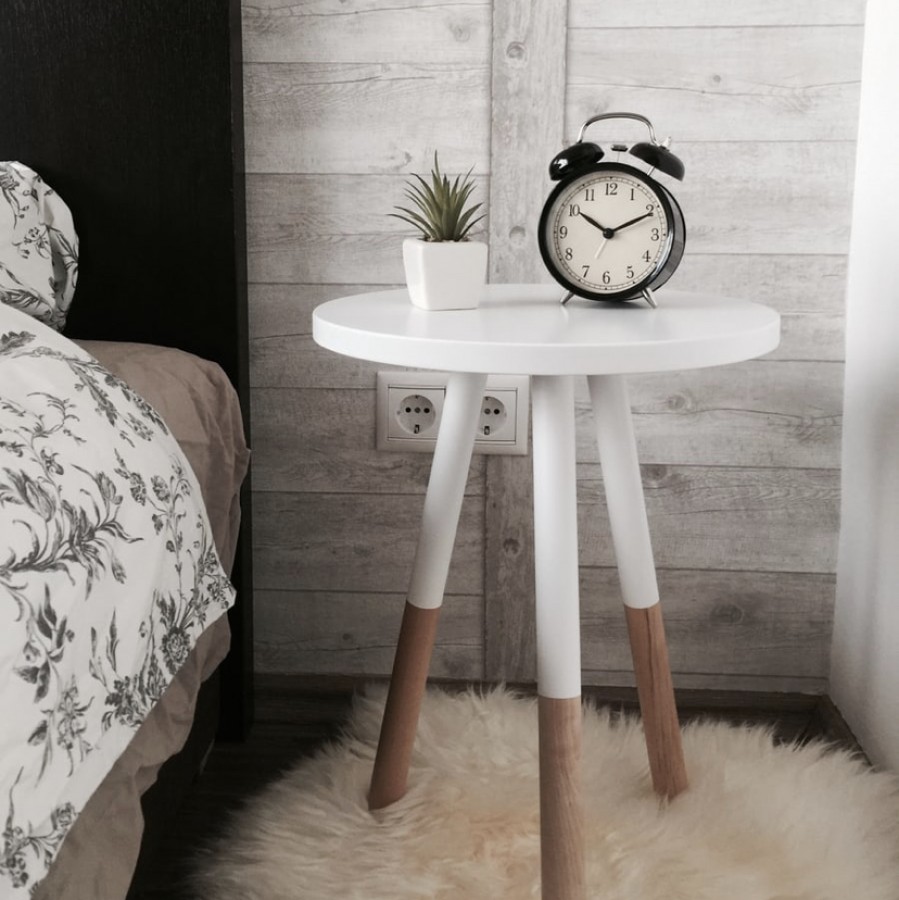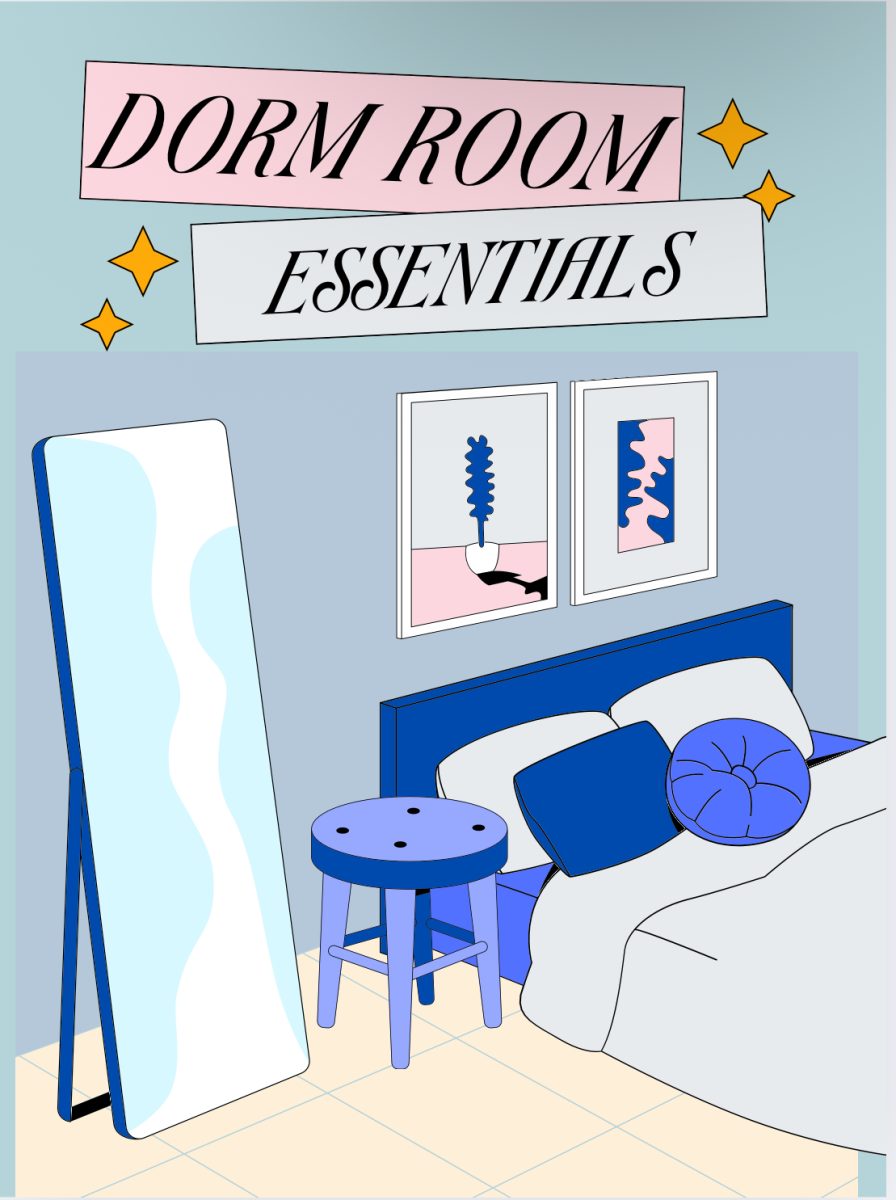After a long day of school, it is crucial to have a good night sleep to prepare your body for the next day. However, sometimes unexpected things can interfere with people’s sleep schedules. Disrupting someone’s sleep schedule has the ability to create a domino effect: disrupting appetite, mood and overall focus. Here are some solutions to improve everyone’s sleep.
- Avoid screens before bed
Researchers found that light from electronic devices lowers the production of melatonin. Melatonin is a natural hormone that helps the body sleep. Neuroscientists also concluded that people on the devices stayed up longer than the people who did not. Nevertheless, staying off your phone and keeping your room dark is essential for sleep.
- Reduce caffeine intake
Caffeine is the most popular drug in the world. It is categorized as a stimulant and is used to boost energy. Although caffeine keeps people alert temporarily, caffeine can have sleep-disrupting effects on the brain. This stimulant should be consumed at least six hours before bedtime. The amount of caffeine can also influence quality of sleep. The recommended amount of caffeine intake a day is 250 mg or less. Anything higher than 250 mg of caffeine can lead to physical dependence or insomnia.
- Minimize naps during the day
Napping for an extended period of time tampers with sleep schedule. In addition, napping for long periods often leaves people sleepier than before. As a solution, researchers suggest to nap 20 to 30 minutes.
- Meditate
Meditation is found to turn on a relaxing response when done properly. By simply steering the brain from wandering or focusing on positive words, mindful meditation can be achieved within seconds. Meditation routines can be mixed up with different types of practice. For instance, mindful meditation specifically focuses on being present by involving guided imagery and breathing methods. Progressive relaxation trains to relax the body. This technique believes that you can’t be anxious when the body is relaxed.
5. Turn on white noises
Constant distractions and overstimulation in day to day lives can be turned off when white noise is turned on. White noise can block out annoying background sounds and in some cases, decrease anxiety. These devices lull people to sleep by playing natural sounds like crashing waves or thunderstorms.








